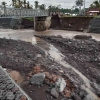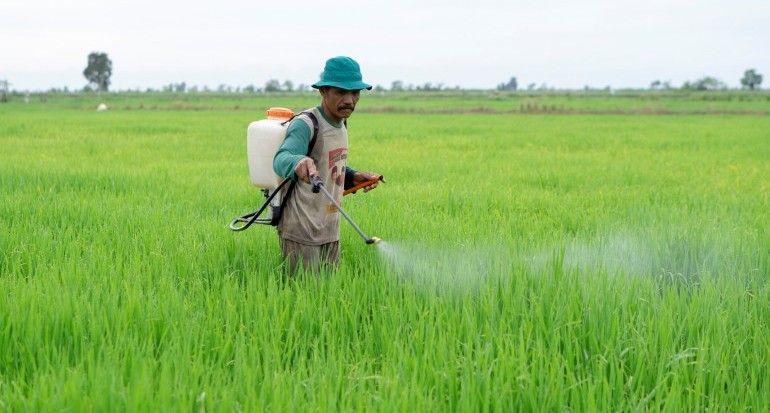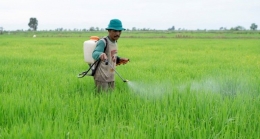Signs that inputs shortage and difficulty to distribute outputs will be major disruptions for agriculture sectors were began to be reported. Just recently, thousands of chicks were released to open fields in Kotagedhe, Yogyakarta due to wildly increased of chicken food and medicine prices that made farmers unable to attend the chicks. The sudden highly increase of Bawang bombay price that we experience now is partially caused by obstruction on supply chains since our market depends on import from countries currently under lockdown.
Ministry of Agriculture actually has taken precaution measures to keep agriculture sectors produce enough output during COVID-19 pandemic. It recently proposed additional fund of Rp 6.38 trillion to Coordinating Ministry for Economic Affairs. When approved, Rp 2.24 trillion will be allocated directly to subsidize farmers and protect their products with insurance. The remaining Rp 4.14 trillion will be used as incentive for companies to produce enough amount of agriculture inputs. With this funding, government should have better position to negotiate its policies with those profit oriented companies.
Additional moves are still needed to be taken since Indonesia’s agriculture system is notoriously unable to provide our country ever growing population with enough foods, even in normal times. The lack of input with good quality and enough amount is always one of the reasons behind these failures. So, early on, government and private companies need to list what kind of fertilizers, pesticides, seeds, and other components that will be lacking in the near future then figure out ways to acquire them, including by importing from other countries.
This step will be critical to maintain currently on going productions. In a similar but more immediate approach to protect national food security, government also needs to make sure they can quickly acquire staple foods from foreign countries, should the need arise, since this process usually take long bureaucratic and safety procedures.
Another negative point that persistent in Indonesia’s agriculture is bad distribution system. In many occasions, data shows that there are surplus of certain products nationally, but they are in shortage in some regions, even in those nearby to surplus regions. So, in this time of crisis, the pace and ease to distribute food between areas and to costumers should be increased to avoid pile up in surplus areas while others experience shortage.
Currently, agriculture inputs and products have been allowed by Presidential decree to move freely (as long as following social distancing protocols) between areas under PSBB. It also can be suggested that government provide additional support and specific incentives for distribution companies.
With many markets are still closed, it could be even more difficult to deliver products to costumers. Online system has been tried to solve this problem, but it was reported put more strain on poor people since it potentially increases food prices by adding delivery cost. Government intervention probably is also needed to reduce this delivery cost.
Beside towards health sectors, government also need to shift their focus and priority towards agriculture sectors because food is important factor in successful implementation of social distancing protocols to stop COVID-19 spread in our country. Beside that, strong agriculture sectors can help our economy to withstand the coming and unavoidable slowdown. This pandemic definitely brings many miseries, but the government shift of focus will probably also bring long awaited major improvements in Indonesia’s agriculture. As President Jokowi himself said that this pandemic situation should become a momentum to implement better policies towards our agriculture sectors.










